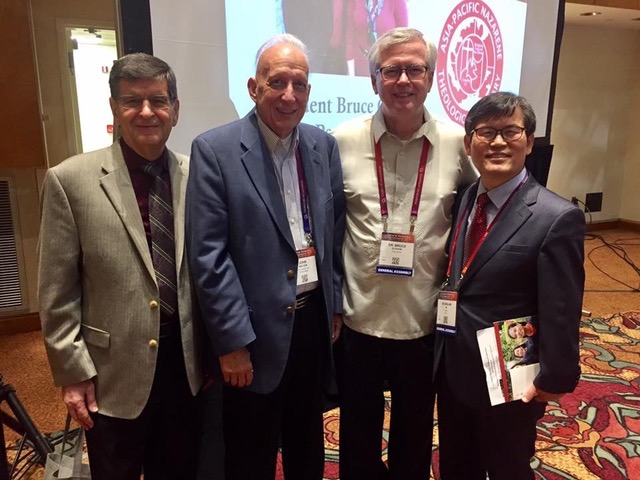Philosopher and educator John Dewey proposed that, “A problem well defined is a problem half solved.” In other words, healthy boards work to clarify the real problem or issue that is creating a misunderstanding. Asking good questions are essential for crisis situations to be addressed properly, for the relationships within the board to mature, and the work of the board to be effective. Strong leaders are not afraid of “tough” questions from the board and to the board during these times of crisis – questions that look back, evaluate the present, and anticipate the future.

The board agenda should be developed intentionally by planning significant time during the board meetings for regular, purposeful discussion of key questions. Some boards structure their meetings around these broad categories:
1. Items for Information
2. Items for Discussion
3. Items for Decision
4. Necessary reports
With this model, the items for discussion are each stated in the form of a question. This discipline helps focus the board discussion on the real questions being considered. Shape the board agenda to receive appropriate and necessary standing or ad hoc committee reports. However, don’t permit the routine board reports to consume the majority of the allocated time for board meetings.
“Sense Making‟ and “Problem Framing‟ Questions
Good questions can lead to a strong synergistic partnership between the board and the pastor, school leader, or organization leader. Board members vigorously discuss policy options and make decisions within the board meetings and communicate board action outside board meetings with a unified voice. This kind of relationship is like a good marriage. It is based on mutual respect, trust, commitment, effective communication and good questions asked both ways. Questions like:
1. How would we define the “ethos” of our local church or organization?
2. What are we thinking or dreaming about the college or university?
3. What did we learn of greatest value this year in the ministry organization?
4. What are we hearing that the school administration needs to hear?
5. What should we be worrying about as a local church or a Christian college?
6. What is success – given our congregational or seminary mission, vision and values?
What outcomes do we desire? What is the end goal?
7. What’s going on?
8. How can the board and our leader be more effective in the organization?
9. What questions do we need to ask to better understand the overarching problem we are facing?
10. What one thing, if we do not attend to this issue soon, could create problems for us in the near future?
When you engage these questions or topics, boards are freed from non-substantive issues.
Strong and effective board members focus on value defining, forward looking questions that address the legal, planning, and restorative concerns of the faith community for which the board is responsible. These questions help the board make sense of the issues before them and frame the problems in ways that bring focus and intentionality to the discussions.
Visional Questions
Visional questions that help the address “identity” issues and clarify the missional purpose of the organization are similar to a journalist’s foundational questions for any report: who, what, where, when and how. Questions like:
1. Who are we?
2. Where are we?
3. Where are we going?
4. How will we get there?
5. Why is it important to get there?
6. How will we know when we get there?
7. What is the ‘real’ issue?
8. What is the CORE question?
The important questions are asked and thoughtfully, prayerfully, and honestly discussed. A stronger bond between pastor/leader and the church board is developed. There is more leading and less managing by the board. New direction for the future is forged together as opposed to dwelling on the past.
Both leader and board are forthcoming. The board assumes its primary responsibility for the policy decisions for the organization. The leader embraces her or his responsibility to recommend strategies and implement board-approved policies. The board meetings are more substantive and focused on mission, vision, priorities and strategic initiatives. Solutions to the significant problems are honestly addressed, decisions made and then implemented. Resources are aligned. Action plans are created. Leader and board move in the same direction. Both are energized.
You will only have time to ask the substantive questions throughout the year if you intentionally and collectively guard the board agenda!
E. LeBron Fairbanks
lfairbanks@boardserve.org
boardserve.org
copyright pending





